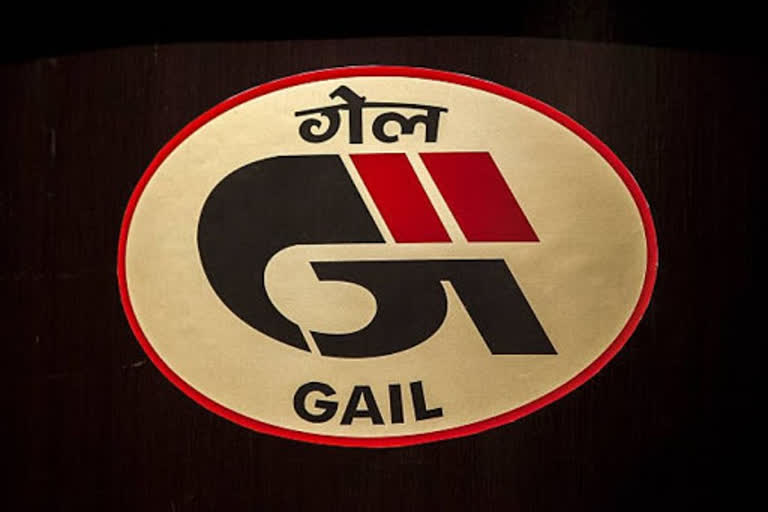New Delhi: The government has decided against giving gas transportation company GAIL majority stake in the proposed gas exchange to prevent conflict of interest seeping into the latest reform initiative that would pave the way for free trading of natural gas - both short-term and long-term - through dedicated exchanges.
Sources in the downstream oil and gas regulator Petroleum and Natural Gas Regulatory Board (PNGRB) told IANS that draft regulations on gas exchanges have already been finalised by it that clearly specifies that a gas pipeline company will not be allowed to take a majority stake in these new exchanges.
Gas transportation public sector undertaking (GAIL) and upstream oil company ONGC were expected to float a joint venture special purpose vehicle (SPV) to set up the country's first gas exchange. While the two could still go ahead with the plan, ONGC will have to take a majority stake in the venture or the SPV would have to rope in more investors.
According to sources, the proposed gas trading hub will come up in the country early next year (first quarter of FY21) as PNGRB would take at least six to eight months to finalise regulations. Rating agency Crisil has been appointed to assist the regulator and the government in framing rules for the exchange.
The Ministry of Petroleum and Natural Gas is expected to approach the Cabinet to set up a gas exchange later this month. The move is aimed to provide market-driven pricing gas and pool domestic natural gas with imported liquefied natural gas (LNG).
"This is the right time to go ahead with the reform initiative as energy prices across the globe are low," said an oil sector expert asking not to be named.
The gas exchanges are expected to work on the lines of power exchanges, which determines the price based on supply and demand and market forces.
The gas exchanges would also help small consumers to get short term supply of fuel at competitive rates. While long-term gas supply agreements are inked currently and these also are covered under regulations, short-term gas agreements are non-existent in the Indian market. Gas exchanges are expected to change this.
